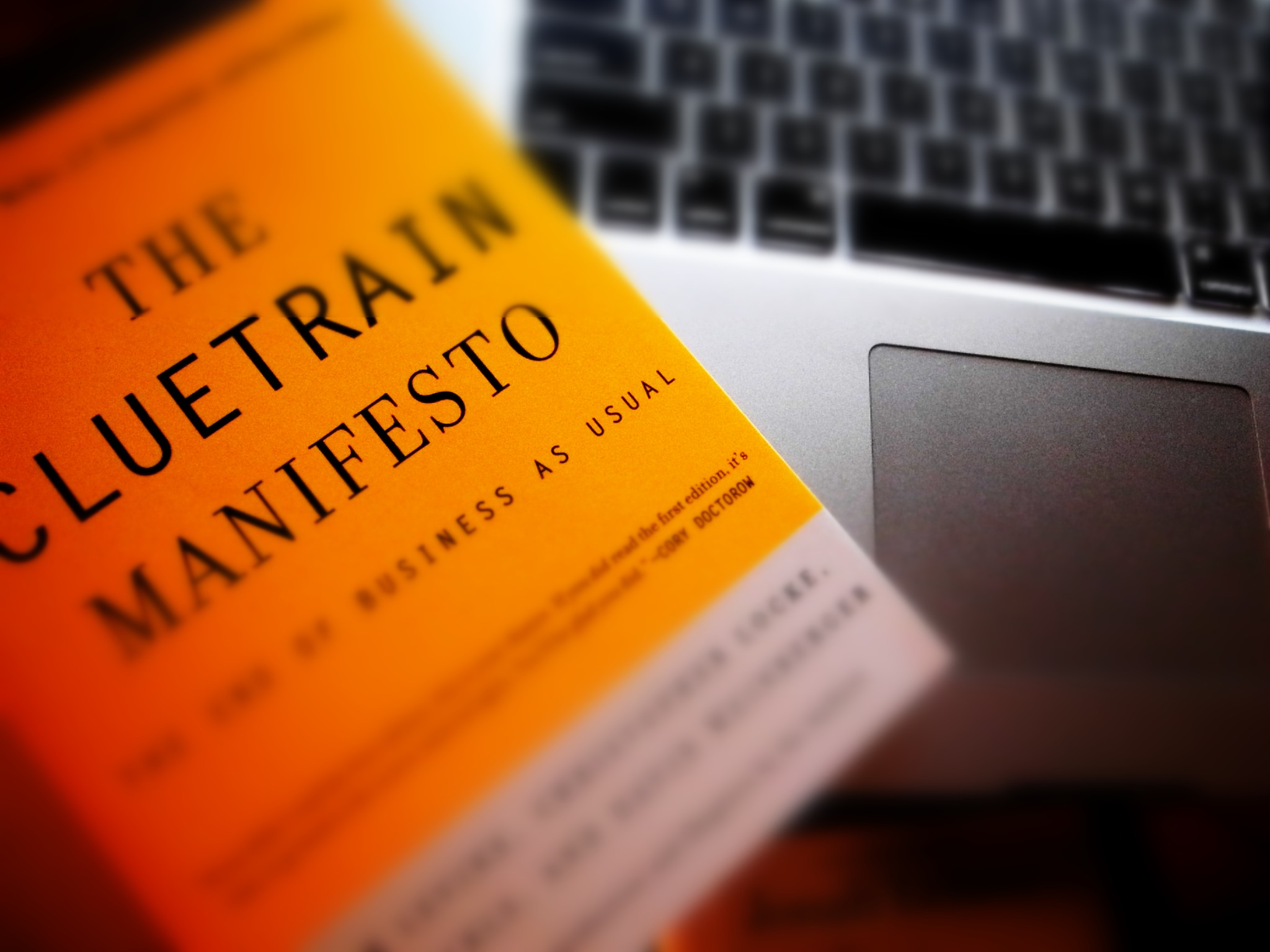 There is an insidious virus circulating around the Internet that’s infecting many successful businesses. The virus is the idea that these companies should change their business practices simply to appease consumers. The idea is that companies are somehow beholden to the opinions of Joe and Jane six-pack…simply because Joe and Jane figured out that the Internet exists.
There is an insidious virus circulating around the Internet that’s infecting many successful businesses. The virus is the idea that these companies should change their business practices simply to appease consumers. The idea is that companies are somehow beholden to the opinions of Joe and Jane six-pack…simply because Joe and Jane figured out that the Internet exists.
Many of these ideas were first espoused in a piece of toilet paper called “The Cluetrain Manifesto” – a document penned by a handful of jaded marketing gadflies. The book was filled with cute pithy sound bites, that probably sounded deeply profound to beret-wearing hipsters who spent their days sipping soy macchiatos in Williamsburg coffee shops. To anyone with the slightest bit of common sense or dare I say… actual business experience, the book was (and remains) a joke.
Cluetrain Manifesto has recently celebrated its 10-year anniversary. Much to the disappointment of the authors who proclaimed in the title that it would bring about “the end of business as we know it” not much has changed. Thank god!
Companies do not exist to have “conversations with consumers”. They exist to produce and sell goods and services. Consumers do not exist for the purposes of “co-creation” or participating in conversations… they exist to consume. I believe that is why we call them consumers.
Markus Frind, a pioneer of online dating who famously built one of the most popular dating sites by IGNORING user demands, said it best, “Listening to users is bad. The ones who want something the most are usually fringe users.” This is a very accurate observation because people who offer you their opinions are most certainly not representative of the average consumer.
Has anyone ever actually bothered to perform psychoanalysis on the type of person who is compelled to buy a $3 cup of coffee and then spend 30 minutes online composing detailed reviews for the benefit of complete strangers? It’s not a rational or even sane behavior. Think about the overabundance of narcissism that one must have to do something like that. More importantly, why should anyone care about this person’s opinion? Are they a world-renowned food expert with an unmatched palate who has thousands of reference points to compare their recent “coffee experience”? If not, then no rational person should want to hear from them.
People have often said that consumers coming together on sites like Yelp will put professional reviewers out of business. That is a totally preposterous idea. Professional reviewers are… professionals. Which (with a few exceptions) means they have experience, skills, talent and were vetted/hired by other professionals with experience, skills, and talent. People who Yelp are effectively telling the world that their lives are so devoid of value that spending 30 minutes writing reviews for the general public (without any compensation) is a worthwhile use of their time.
John C. Dvorak, famously called the work a product of “lunatic fringe dingbat thinking that characterized the Internet boom”. Thank god we moved on from that. Or have we?







